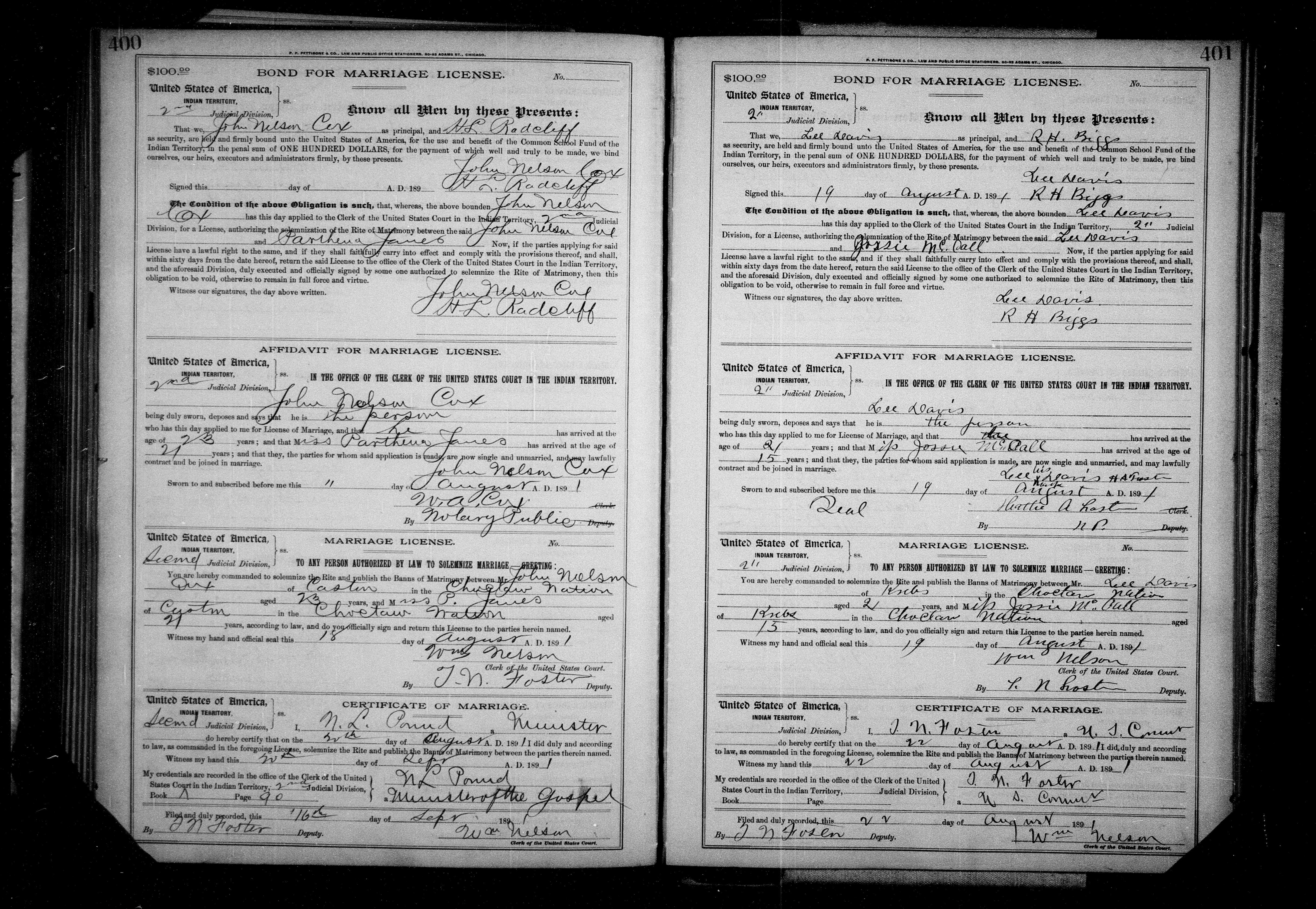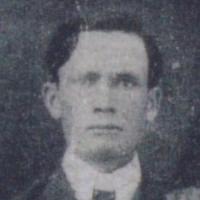

A noted philosopher, psychologist, and educational reformer, Dewey graduated from the University of Vermont in 1879, taught high school briefly, and then earned his doctorate in philosophy at the newly formed Johns Hopkins University in 1884.


John Dewey (1859 –1952), who would later be remembered as the "father of Progressive education," was the most eloquent and arguably most influential figure in educational Progressivism. In short, the altered landscape of American life, Progressive reformers believed, provided the school with a new opportunity –indeed, a new responsibility –to play a leading role in preparing American citizens for active civic participation in a democratic society. When done correctly, these reformers contended, education promised to ease the tensions created by the immense social, economic, and political turmoil wrought by the forces of modernity characteristic of fin-de-si ècle America. The Progressive education movement was an integral part of the early twentieth-century reform impulse directed toward the reconstruction of American democracy through social, as well as cultural, uplift. What they do agree on is that during the Progressive Era (1890 –1919) the philosophical, pedagogical, and administrative underpinnings of what is, in the early twenty-first century, associated with modern schooling, coalesced and transformed, for better or worse, the trajectory of twentieth-century American education. This is not to say that historians of education do not disagree –in fact, they disagree intensely –on the legacy of Progressive educational experiments. Despite these scholarly debates, historians of education have reached a consensus on the central importance of the Progressive Era and the educational reformers who shaped it during the early twentieth century.

While some scholars have doubted the development of a cohesive progressive project, others have argued that while Progressive Era reformers did not march in lockstep, they did draw from a common reform discourse that connected their separate agendas in spirit, if not in kind. Historians have debated whether a unified progressive reform movement existed during the decades surrounding the turn of the twentieth century.


 0 kommentar(er)
0 kommentar(er)
